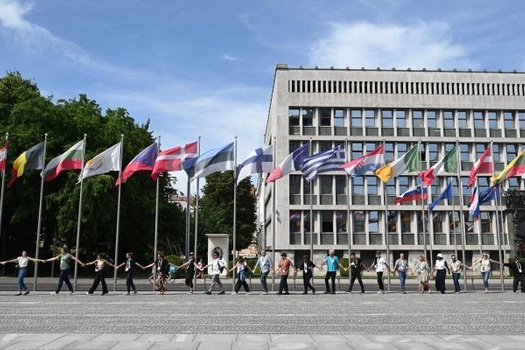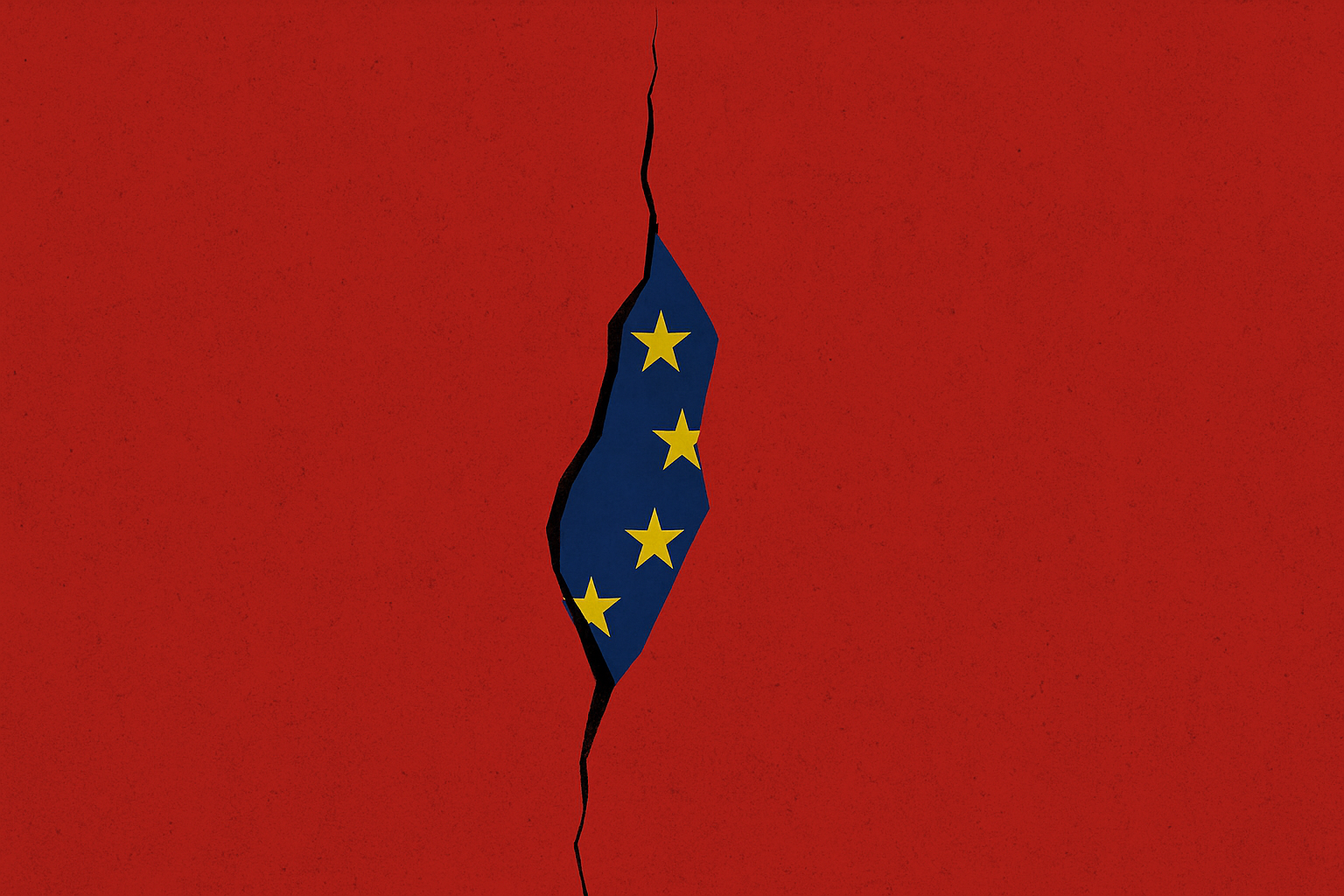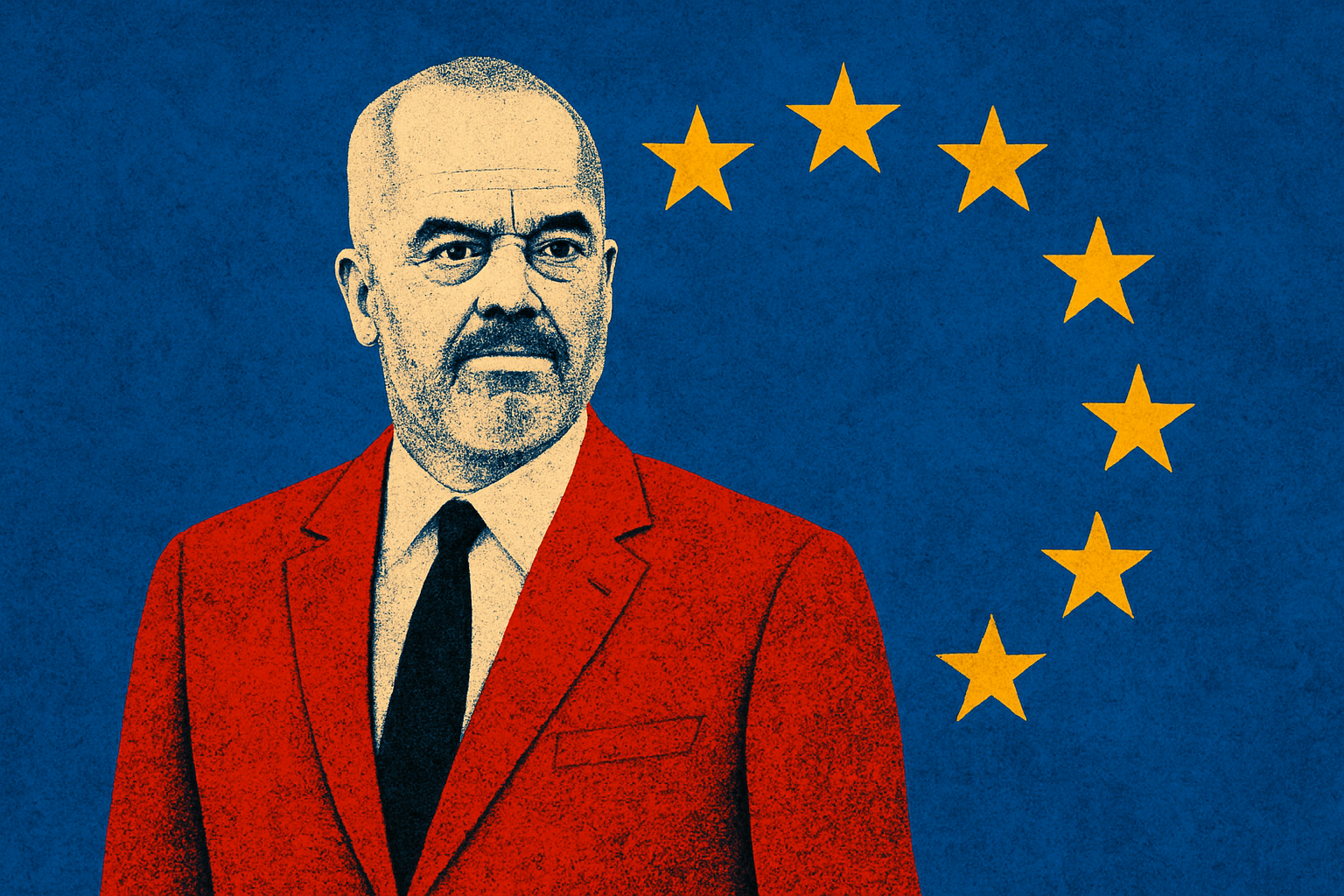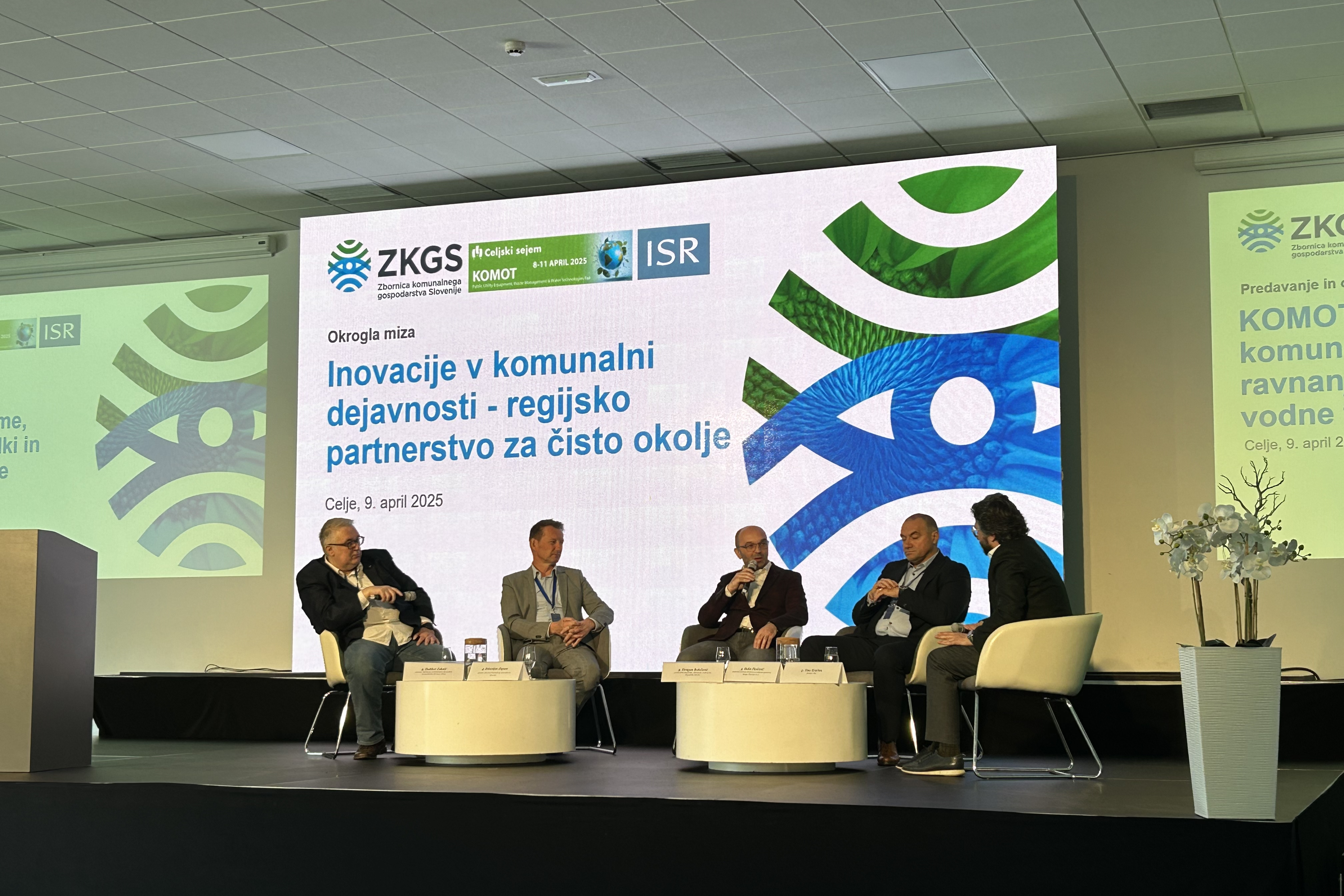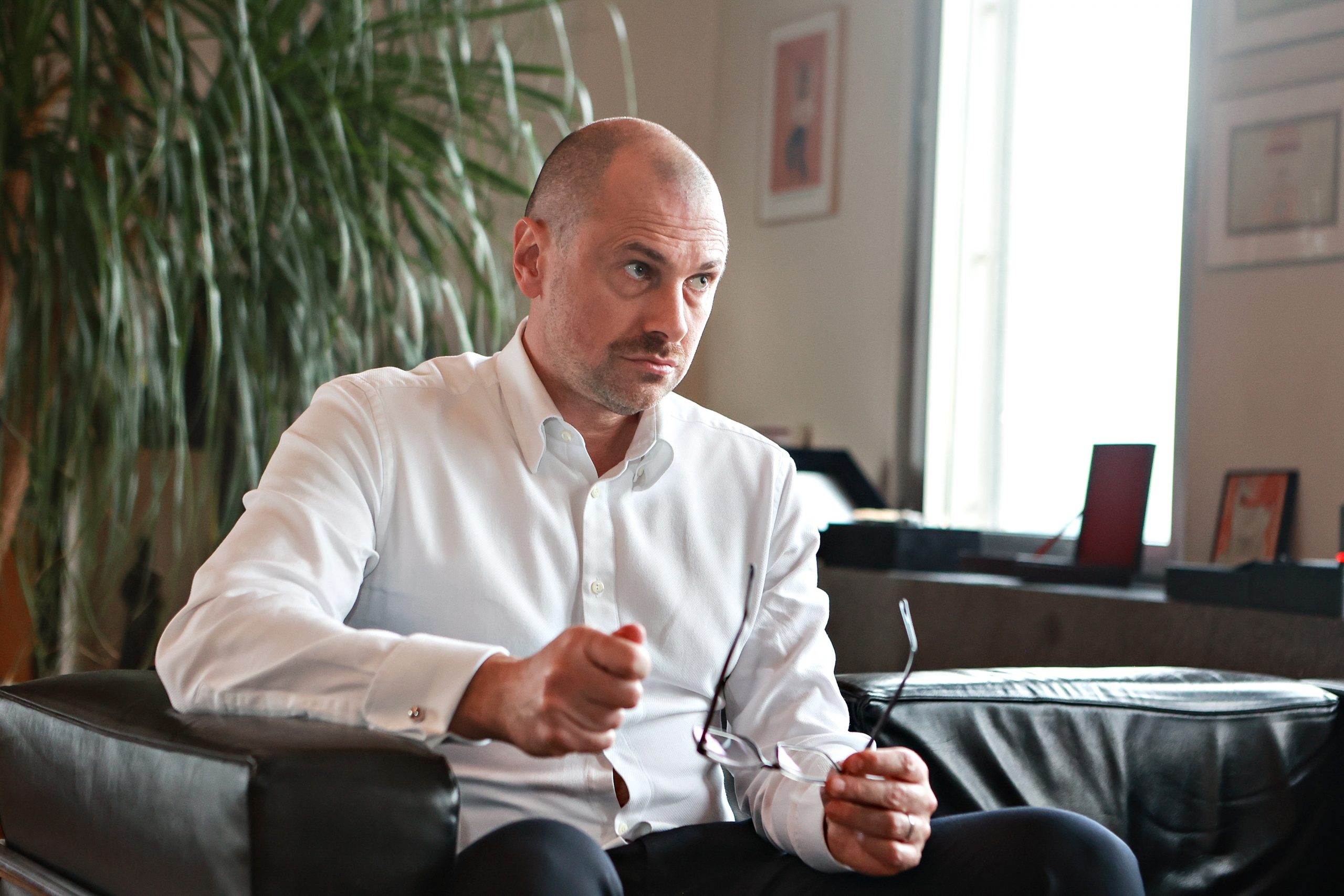Sustainability
A Guide to Sustainable Event Management – Some Examples, and How to Make Your Event More Environmentally Sustainable
Carol Jardine
CONTRIBUTOR AT THE ADRIATIC
‘We do not inherit the earth from our ancestors, we borrow it from our children’ Native American Proverb
Slovenia is a trailblazer in the Green Scene, being named the world’s first Green Destination in 2016, voted the World’s Most Sustainable Country by National Geographic in 2017, and Ljubljana was acclaimed as Europe’s Greenest Capital in 2016, scoring 96% of 41 criteria including air quality, water and waste and green business.
Slovenia has become recognised as one of the most desirable green destinations in the world, and plays host to many festivals, music concerts, sports events and conferences, and therefore, requires to actively contribute to the rapidly evolving ESG guidelines for event management.
Festivals, music events and international sports events are making dramatic changes concerning sustainable venues and renewable energy, and together with conference organisers, they are also looking at green travel, locations, suppliers and supply chains.
Corporates
Companies in Slovenia are paying lip service to ESG issues but few appear to have established the all-important ESG Comittees necessary to devise their own specific ESG strategy. Positive moves to reduce paper useage are widespread, the option of working from home reduces Carbon emissions from car transport, many companies have eradicated the use of plastic cups, by using reusable cups and mugs , Slovenia’s enviable tap water is served at meetings and travel by foot and bicycle is actively encouraged – but is this enough?
It will hold panel discussions on how the insurance market, as an integral part of the Financial Services sector is taking proactive ESG steps to make Europe the first carbon- neutral continent.Guest speakers include many leading lights from Europe,including the new EIOPA chairperson, Petra Hielkema, Michaela Koller, Director General at Insurance Europe, Prof. Karel Van Hulle, KU Leuven and Goethe University Frankfurt and many other experts.
The panels will also look at the ‘ S and G factors’ at board level and amongst employees in the Insurance industry. Is there real gender equality , and the diversity necessary to bring in new perspectives? Are Human Rights issues considerd in investment policies and supply chains?
It will also discuss how the Financial Services sector is looking at assets held by insurance companies including the increasing predominance and active investment in companies who have transparent ESG strategies, and how they are dealing with ‘black’ companies, who have made written committments, and are currently undergoing transformations with the goal of carbon – neutrality by 2050.
The event is open to a wide audience, including policy makers and leaders in the insurance industry, and will try to find innovative solutions to current ESG issues and establish the insurance industry as a key player in the financial services sector and its attempts to make Europe the first Carbon-neutral continent.
Major European Events
Looking at some examples of big events in Europe, we can learn from their ESG strategies to save the planet.
Wimbledon
Wimbledon, UK, established in 1877, is the oldest, and most prestigious tennis tournament in the world. And quintessentially English, a tournament where the ‘tennis whites, all white’ players’ dress code still prevails. The 42,000 daily spectators are required to dress ‘smartly’, particularly on Centre and No 1 courts.
So how has Wimbledon adapted to ESG guidelines?
Wimbledon is a signatory to the UN Sport for Climate Action Framework with goals for reducing emissions to net zero through overall use of LED lighting; being resource efficient by reducing the resources used and increasing the proportion of recycled content, such as cups, cutlery and plates, and using stored rainwater to water the grass courts. It also aims to contribute to a net gain in biodiversity by 2030.
Wimbledon currently buys and uses renewable energy, they are installing LED lighting throughout the grounds, and use solar panels on indoor courts and at the Community Tennis Centre. They have replaced their fleet of petrol-fuelled VIP and hospitality cars and horticultural equipment with electric-powered vehicles. Wimbledon also promises to compensate for unavoidable emissions through forest protection schemes and offsets and to publish its Carbon emission scorecards publicly.
The World Athletics Committee
The World Athletics forum has implemented a ‘Sustainable Events Management System’ promoting ‘Athletics for a Better World’ by measuring adherence to their ESG goals. The scheme is being piloted in each of the 5 World Athletics series and offers Best Practice principles. They encompass the environment, suppliers, builders, sponsors and stakeholders and will become an integral part of the bidding and sanctioning process, making sustainability a key factor in how and where events are held – hopefully avoiding a repeat of the questionable choice of Qatar for the FIFA World Cup.
World Athletics have addressed the E and S challenges with a trial ‘Run Smarter City Challenge’, aimed at promoting physical fitness and raising awareness of air quality. It has also launched an educational e-module programme through webinars and talks, using notable international athletes’ platforms to distribute the message globally. It also promotes ‘Diversity, Inclusion and Wellbeing’, protects athletes from online abuse, and aims to engage a wider range of stakeholders in promoting the benefits of its ESG strategy.
The strategy follows a 10-year road map and hopes to promote sustainabilıty, sustainable production and consumption, reduction of carbon emissions, local environment and air quality, global equality and diversity, accessibility and wellbeing. Regular and transparent reporting of progress will be freely available to the public.
Music
In the music world, trailblazers include Radiohead, a UK band, who in 2007, introduced the concept of ‘green touring’ with their ‘pay what you want’ online album, ‘In Rainbows’, accompanied by the request that fans support The BigAsk Climate Change campaign.
Radiohead commissioned carbon footprint analysts to calculate their carbon footprint, and subsequently, have cut their carbon emissions, through lighting with LED, transporting their equipment using ships and trains, and using only recyclable materials and reusable tour merchandise. The band have actively promoted green travel to fans and crew – emphasizing carbon savings and asking their fans to leave their cars at home and travel ‘green’. It is estimated that 1/3 of all carbon emissions arise from fans and performers’ crew’s travel and 1/3 from the venue.
On the opera front, the renowned private opera venue, Glyndebourne, UK, encourages attendees to have traditional outdoor picnics on the grounds of its 1250-seat auditorium where it welcomes over 100,000 visitors p.a to the delights of modern and classical opera. A 67-metre high wind turbine was constructed in 2012, and its output now exceeds all its annual electricity needs, providing low-energy LED lighting in the auditorium and car park, controlled by timers and light sensors, as well as installing additional electric car charging points for customers and staff. Responsible waste management provides fertilizer for the gardens, and a ban on disposable cups has led to net-zero waste.
In Europe, there has been a general push towards sustainable music festivals, with an increase in hybrid concerts using interactive virtual reality streaming, ‘pay- what- you- want online albums, promotion of green travel, use of renewable energy and banning of plastic merchandise, cups and straws.
Will Hutton, British author and academic, says ‘The arts have an immensely powerful platform to help ignite social and legislative change. We need everyone to be involved – the live sector, recording companies, streaming partners and, of course, the artists.’
Conference centres, assisted by COVID 19, are adjusting to the hybrid conference, and centres such as Cankerjev Dom in Ljubljana, provide only Slovenia’s high-quality tap water at conferences, have reduced their consumption of natural resources, use local suppliers and organic food and only eco-friendly cleaning products. And, in my opinion, wins the prize for innovation, with its five rooftop beehives housing a population of 500,000 Carniolan honeybees. The bees aid biodiversity through pollination and promote apicultural heritage, leading to a UN endorsement of Slovenia’s Save the Bee Day initiative. Their annual honey production is between 40-100kg – and it’s excellent honey!
These are just a few examples of how ESG strategies can save the environment in the world of event management, be it sport, the arts or business, but to summarise, I think there are 5 key factors to consider.
1. Create an eco-friendly venue with LED lighting and accessible renewable energy from wind and solar panels.
2. Reduce and recycle food waste as fertilizer, use organic and seasonable food produce from local suppliers.
3. Use paperless communication and provide labelled trash bins.
4. Actively promote green travel options to performers, fans and attendees, such as carshare, public transport, and foot or bicycle for local venues.
5. And last, but not least, set up an ESG committee involving a cross range of stakeholders including attendees, suppliers and vendors, so that together they can create a strategy for a sustainable event that benefits all of us and our planet.
Actions speak louder than words!
WALK THE TALK: THE FIRST REGIONAL NET-0 EVENTHow can organisations contribute proactively to carbon neutrality?
In September 2022, the Institute for Strategic Solutions (ISR) is planning a NET-0 EVENT business forum. It will focus on the most crucial issue of our times – climate change. We will discuss ways in which both companies and individuals can mitigate the effects of climate change and reduce greenhouse gas emissions. The purpose of the event is to bring together key representatives from companies, politics, NGOs, and international agencies, together with innovators of breakthrough solutions and the financial community in a combined effort to try and find solutions to this serious and impending crisis.
Only by working together, can we succeed.
All relevant stakeholders agree that carbon neutrality and net-zero emissions are our key goals for the future. However, sectoral strategies vary, and seldom address the whole problem by failure to adequately align supply chains to their stategy, and by omitting to include the problems of transition – both of which are significant challenges. Therefore, we will aim to highlight these issues, through a series of articles from different platforms, prior to the business forum. Our obective is to equip readers with access to new ideas, good practice and integrated processes that are environmentally responsible and proactive in their quest for a positive future with net-zero emissions by 2050.


